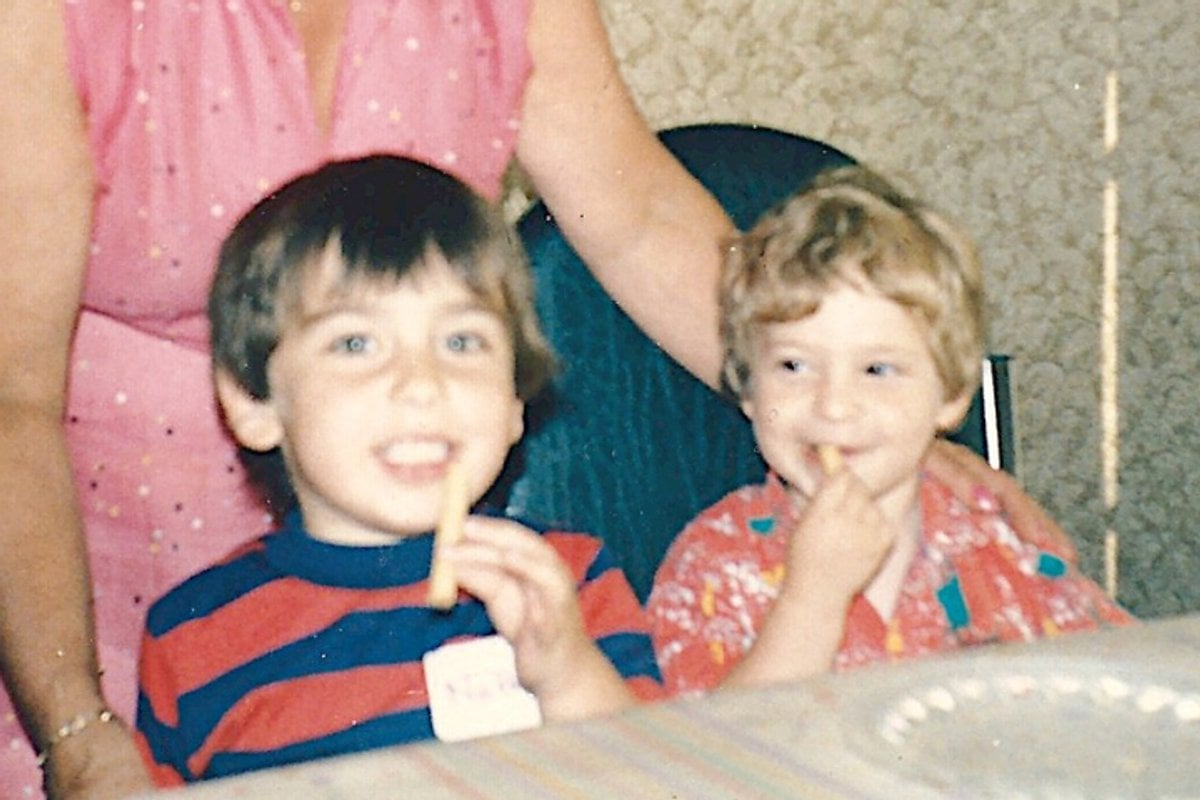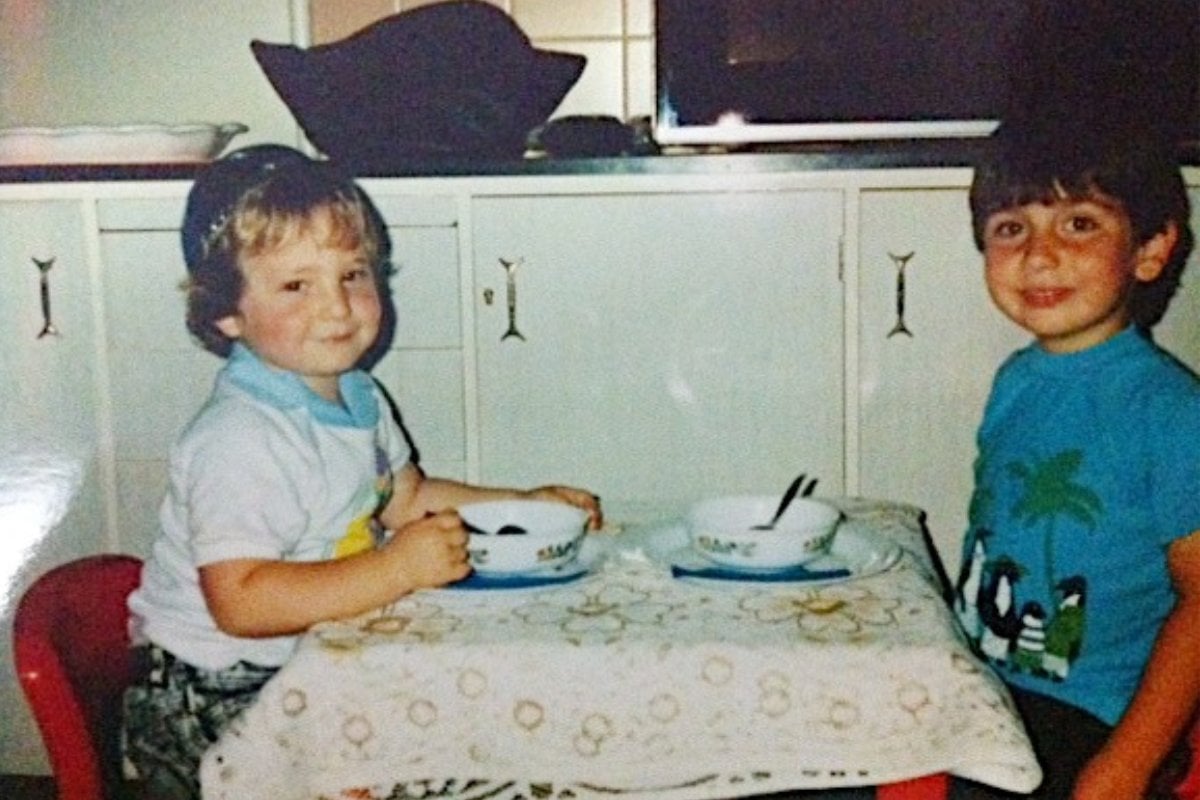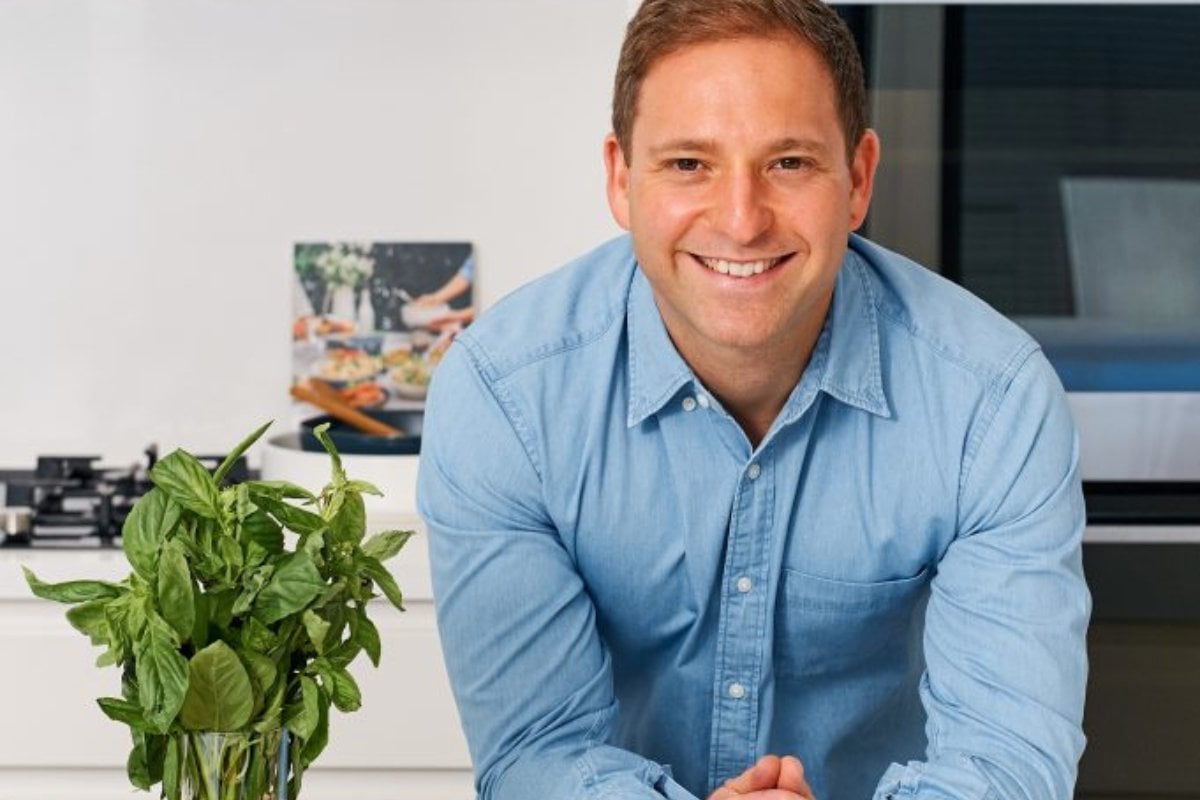
Content warning: This post mentions suicide.
Food is not just a biological necessity; it is a universal language of love that shapes our relationships and can bring people together in a way that nothing else can.
It's the catalyst for cherished memories, the fuel for intimate conversations, and it can take us across continents and time zones, one delicious bite at a time.
When I eat paella, for example, I am transported to the bustling alleyways of Barcelona, and the fragrance of za'atar takes me back to Turkey. Yet, it's not just about the flavours; it's about the stories they carry.
For me, a simple chocolate frog serves as a poignant reminder of my late grandfather, as a sweet treat always accompanied his visits. Food has an unparalleled ability to anchor us to moments that have shaped our lives.
The connection between food and memory is deeply embedded in our biology.
Eating engages all our senses, creating a multisensory experience that is encoded into our memories.
When we eat, the hippocampus, our brain's memory-processing hub, is busy processing flavours, aromas and textures, which are then stored. The hippocampus integrates this information along with contextual details, such as the setting in which we ate the meal or the emotions we experienced at the time.
For me, this connection took on a profound significance in the wake of the suicide of my beloved cousin Nathan.


